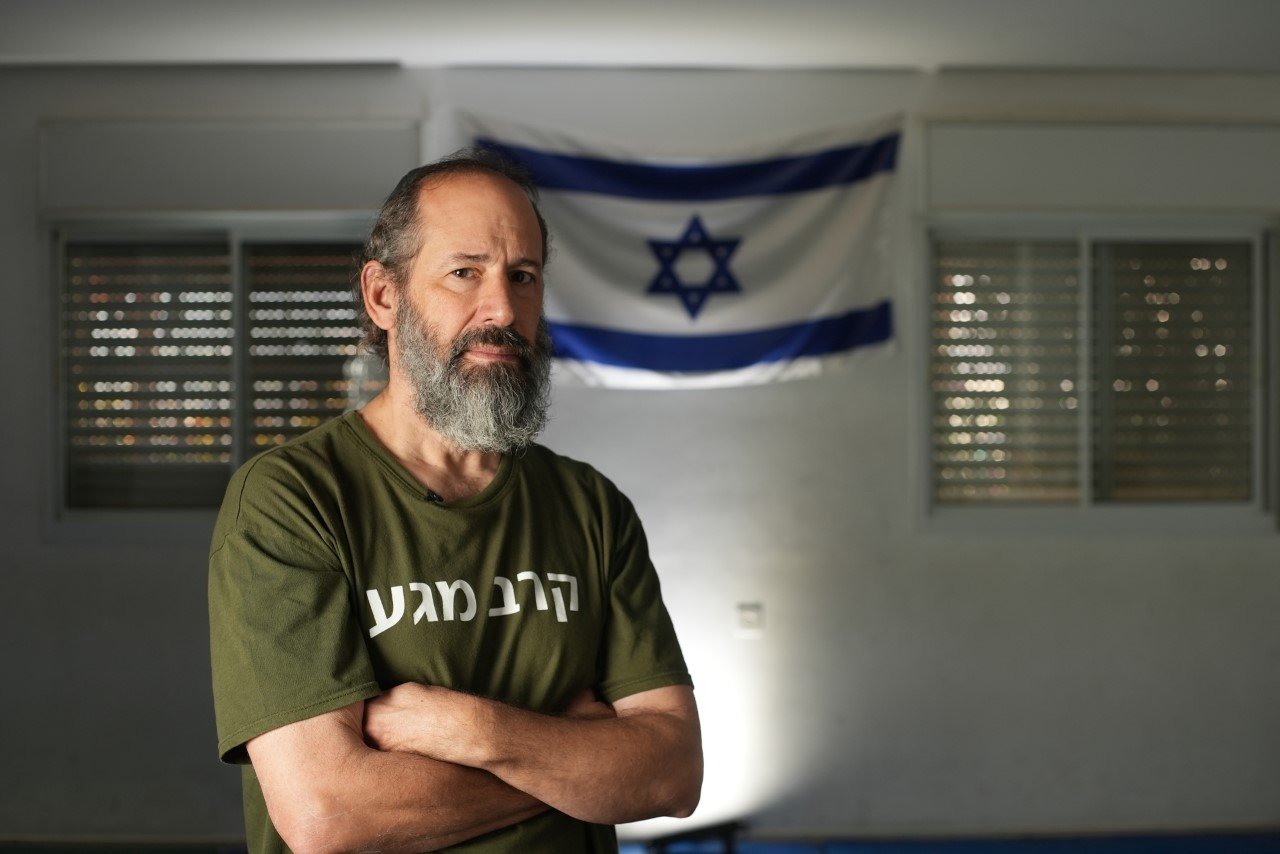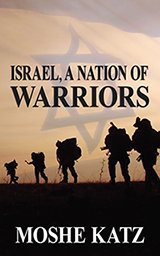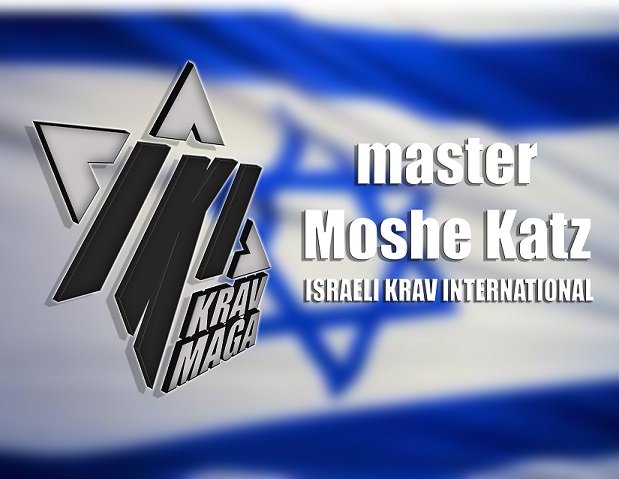- Home
- Krav Maga Blog
- Krav Instructors
- Train in Israel
- Tour Train Israel
- Krav Shop
- DVD
- Kickboxing
- IKI Near Me
- Seminars
- IKI Membership
- On-Line Training
- Krav Maga Training
- Testimonials
- History Krav Maga
- Instructors Page
- Past Blogs
- Spanish
- Italian
- Certification
- Contact
- Holland Seminar
- Vienna Seminar
- Poland Seminar
- Italy Seminar
- Belt Requirements
Spending Time with your Teacher
BY MOSHE KATZ
CEO
ISRAELI KRAV INTERNATIONAL
July 30, 2024, Alberton, South Africa
בבלי, סנהדרין פח:ב
תניא, אמר רבי יוסי: מתחילה לא היו מרבין מחלוקת בישראל, אלא בית דין של שבעים ואחד יושבין בלשכת הגזית, ושני בתי דינין של עשרים ושלושה, אחד יושב על פתח הר הבית ואחד יושב על פתח העזרה, ושאר בתי דינין של עשרים ושלושה יושבין בכל עיירות ישראל. הוצרך הדבר לשאול - שואלין מבית דין שבעירן. אם שמעו - אמרו להן, ואם לאו - באין לזה שסמוך לעירן. אם שמעו - אמרו להם, ואם לאו - באין לזה שעל פתח הר הבית. אם שמעו - אמרו להם, ואם לאו - באין לזה שעל פתח העזרה. ואומר: כך דרשתי וכך דרשו חברי, כך למדתי וכך למדו חברי. אם שמעו - אמרו להם, ואם לאו - אלו ואלו באין ללשכת הגזית, ששם יושבין מתמיד של שחר עד תמיד של בין הערבים. ובשבתות ובימים טובים יושבין בחיל. נשאלה שאלה בפניהם, אם שמעו - אמרו להם, ואם לאו - עומדין למניין. רבו המטמאים - טימאו, רבו המטהרין - טיהרו.
משרבו תלמידי שמאי והלל שלא שימשו כל צורכן - רבו מחלוקת בישראל, ונעשית תורה כשתי תורות.
The above passage in Hebrew comes from the Talmud; the series of books complied by rabbis in Babylon and Israel nearly 2,000 years ago. It contains great wisdom, it contains our guide to life, our way of life. In the above passage a very important topic is dealt with: how to make decisions, how to make laws, how to decide which way is the right way.
Rabbi Yossi says: At first there were not many disagreements in Israel, but rather there was a single authority that settled disputes, it was an assembly of 71 who sat in Jerusalem, and there were two more courts of 23, both in Jerusalem, and other courts of 23 in all the cities of Israel. If a question came up, the parties went to the court of 23 in their city. If they listened, i.e. accepted the verdict, good. If not, they went to the next city. If they listened and accepted the verdict, good, if not, they went to the first court of Jerusalem. and so forth until a final decision was accepted.
When the generations passed, when many students did not serve their masters sufficiently - Division and Arguments increased in Israel, and the Law, the Torah, became as two Torahs, two sets of laws.
This passage from nearly 2,000 years ago is profound, important and relevant to us in the Krav Maga self-defense community.
How so?
We send out videos of our techniques in Israel. Our members daily receive updates. They may ask any questions, and many do, but some do not. They view a video, do not yet test it out, and decide that it is problematic. Thus, they seek to find or develop something better. Others do try it out a few times, in their own environment, and decide that "it needs to be improved upon."
And I am reminded of an old lesson from school - a child is misbehaving and speaking to a friend during class, when he should in fact be listening to his teacher, who has trained as a teacher and is qualified by the Board of Education to teach. The teacher says, "Johnny, do you have something so important to say that it cannot wait until the recess? if it is that important, perhaps you can share it with the rest of the class?"
"No", says Johnny, "It is really not important at all."
And I say the same to our members. If you have an improvement for a technique, or perhaps you saw a flaw that we missed, or perhaps it was not clear and therefore I need to improve or change the way that I teach it, Share it with the class! Let us all know, don't keep this important and vital information to yourself, share it with us and we can evaluate it. Don't keep it a secret.
If you remain silent and believe you have a better technique, no one, including yourself, will ever know if this is true. But if you share it, and open it up to discussion, we can find the truth and expose the truth to all.
So what is the better solution? Spend more time with your instructor, learn to understand his method, and ask questions, and pay attention. During this trip in South Africa some students have taken extra time to train with me. They have come with challenges, techniques that "don't work", and issues that are bothering them. If they let these fester, and if they decide to develop their own techniques because they don't fully understand the IKI technique, it is like the later generations of Talmudic students, it will be "two laws", two different schools and many arguments will ensue. A division will be created, a great divide.
Students who do not "serve the master", do not fully understand the techniques, and therefore they develop incorrect techniques and no longer follow the same path as other students. Unity is replaced by Division. I have seen the correct solution on this trip; students came to me with questions, legitimate concerns, after all, their lives may depend on these techniques, they have every right to question them. Sometimes I was able to put them at ease within a few minutes, sometimes it took a few days until the answer was found, but it was found.
The solution is to spend more time with your teacher, get to know him, feel free to ask questions, allow discussion to take place. Something that seemed wrong will become right, misunderstandings become understandings, something that seemed muddled becomes clear, something that was dark becomes bright, potential disunity becomes a greater unity and a stronger bond.
Let the Discussions begin!

Moshe Katz, 7th dan Black Belt, Israeli Krav Maga. Certified by Wingate Institute. Member Black Belt hall of fame, USA and Europe.
Understand the Israeli Fighting Mentality - Israel a Nation of Warriors by Moshe Katz

What is the cultural background of Krav Maga? What makes it unique? What makes the Israeli military so effective? Why are Israeli security systems used all over the world?
What are the Biblical origins of Krav Maga and who was the first Krav Maga instructor?
What weapons and military strategies did our Biblical ancestors use?
How has Krav Maga developed in Israel and what are its goals?
All that and more in this unique book.
Start Your REAL Training TODAY
Or is someone coming to save you?
IKI Krav Maga online distance training - Leading to ranks and certification.
Tour and Train Israel Experience
Personal Training - If you are interested in personal Krav Maga training please contact us on the form below.
